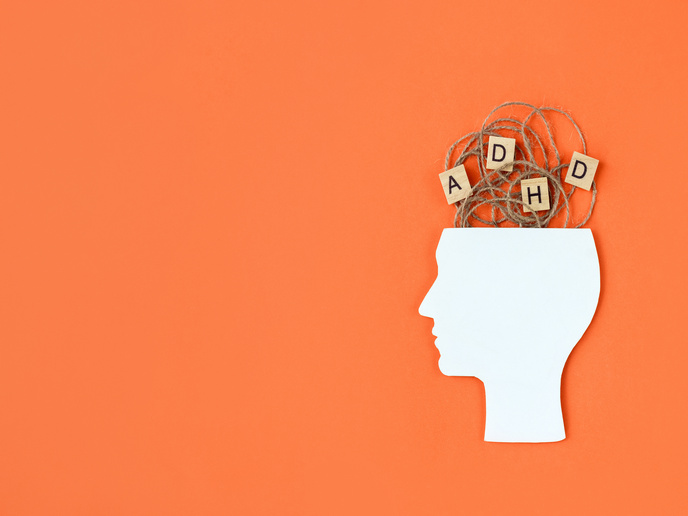Better diet, fewer drugs for attention deficit hyperactivity disorder
Drugs, behavioural therapy, counselling and education services are the standard treatments for ADHD. However, amid doubts as to whether any of these treatments benefit children with ADHD in the long run, and growing concerns about rising prescription rates and long-term side effects of medication, some researchers have turned their attention to diet. A randomised controlled trial conducted in the Netherlands now offers insight into the feasibility and effectiveness of dietary treatments for ADHD. Supported by the EU-funded Eat2beNICE project, the study compares the short-term (5 weeks) and long-term (1 year) effects of two dietary interventions: a strict healthy diet and an elimination diet with standard clinical care in 162 children with ADHD. The results show that a healthy diet may be used as an effective additional treatment for ADHD. A paper(opens in new window) published in the journal ‘BMC Psychiatry’ describes in detail the rationale, study design and methods of the controlled trial.
Eliminating foods, or just eating healthily
We all know what constitutes a healthy diet(opens in new window): plenty of fruits and vegetables, whole grain products, less meat, enough liquids, sufficient dairy products, and limited spreadable and cooking fats. An elimination diet, the study’s other dietary intervention, is based on the idea that certain foods or food groups trigger ADHD symptoms. To identify these foods, potential culprits such as gluten, artificial flavourings and sugar were removed from children’s diets for 5 weeks. These foods were then slowly reintroduced over a 12-month period to identify which foods were causing symptoms or making them worse. As reported in an article(opens in new window) in the digital publication ‘Open Access Government’ by researchers from Eat2beNICE project coordinator Radboud University Medical Center, the Netherlands, “children that started with either dietary intervention used less medication than those that only received standard care and improved overall health, even after they had stopped with the diet. The healthy diet was at least as effective as the elimination diet and was a more feasible option for families.” In fact, the healthy diet performed much better than the elimination diet. After 5 weeks, 34 % of children with ADHD responded to the elimination diet, while the figure for healthy diet followers was 51 %. Additionally, while the blood pressure, heart rate and somatic complaints of children receiving standard clinical care deteriorated in this period, they improved in the two dietary intervention groups. The authors report: “Long-term results point in the same direction. After one year, most children stopped following the strict regulations of the diet. Despite this, the group that started with the healthy diet performed at least as well as the care-as-usual group regarding ADHD symptoms and emotion regulation problem behaviours. Children from both diet groups also used less medication than the care-as-usual group after one year.” The authors conclude that “a healthy diet can be a beneficial treatment for children with ADHD and standard clinical care.” They recommend it especially “for younger children with more severe, combined-type ADHD, whose parents have a positive attitude towards dietary interventions and have the resources to support this.” The Eat2beNICE (Effects of Nutrition and Lifestyle on Impulsive, Compulsive, and Externalizing behaviours) project ends in February 2023. For more information, please see: Eat2beNICE project website(opens in new window)



